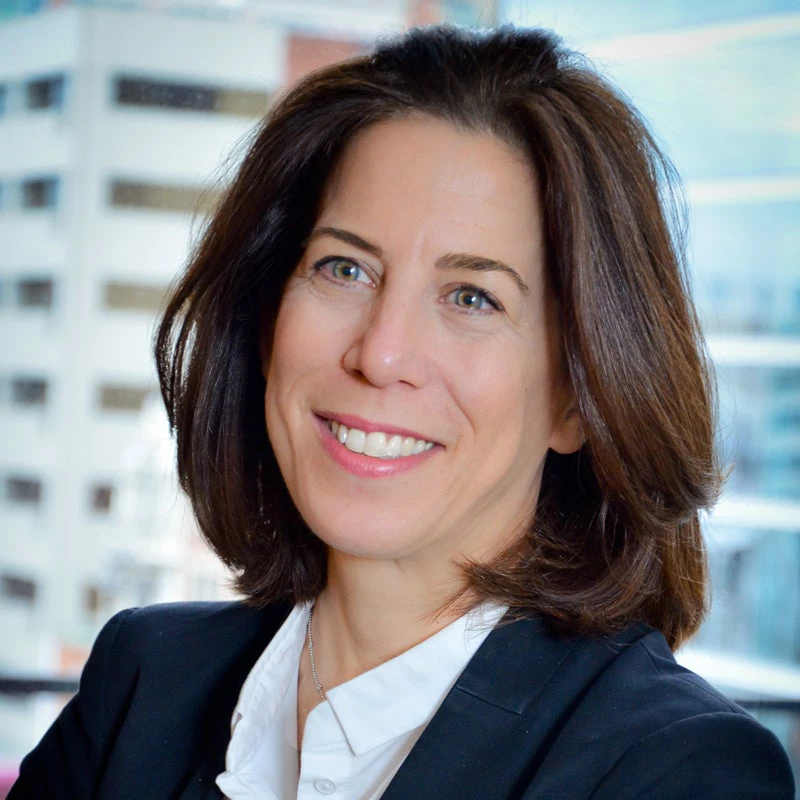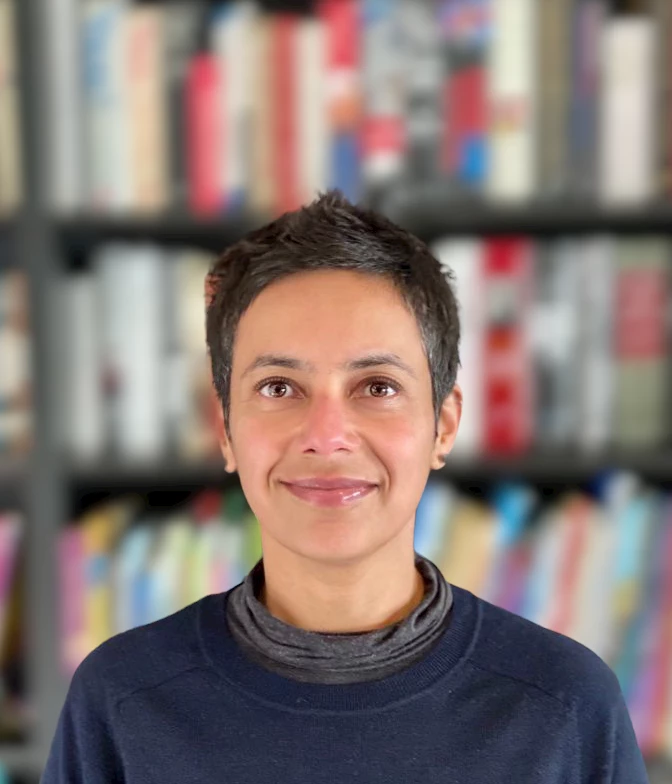Bamako, the capital of Mali, dominates the country’s urban and economic landscape – it is the nerve center of the national economy. Bamako has much to gain from becoming a productive and livable city. But currently it is far from that potential. The city is neither an engine of growth, nor of service delivery. Its urban development has been fragmented, fettering both - productivity, by preventing opportunities for matching people and jobs - and livability, by driving up the costs of urban infrastructure and service delivery. If the urban form of the city continues to grow in an unplanned, spatially fragmented way, Bamako and its citizens will be locked into economically and socially unproductive urbanization . Tackling urban development challenges in the capital will have knock-on effects on Mali’s economic development.
This report argues for a focus on how Bamako is built and organized spatially. A balanced approach will be required – to reforming institutions, putting the right policies in place and investing in infrastructure – along with attention to implementation. The window for coordinated investments in urban infrastructure is narrow. Bamako has an opportunity to use urban planning to make early investments in connective infrastructure, closely synchronized with land-use planning . Local and national government leaders will need to build coalitions with Bamako’s neighboring communes, regional development agencies and with the national stakeholders, while finding ways to expand its sources of revenues. Urban investments are long lived and path dependent. With projected population growth, many of the current 2.5 million residents will live to see the population surpass 13 million by 2050.
The time to act is now.
Related Links:
- Report: Bamako Urban Sector Review: An Engine of Growth and Service Delivery
- Press Release: Mali, Bamako needs urgent actions to become an engine of growth and service delivery
- Publication Page: How can Bamako become an engine of growth and service delivery?
- Subscribe to our Sustainable Communities newsletter
- Follow @WBG_Cities on Twitter




Join the Conversation